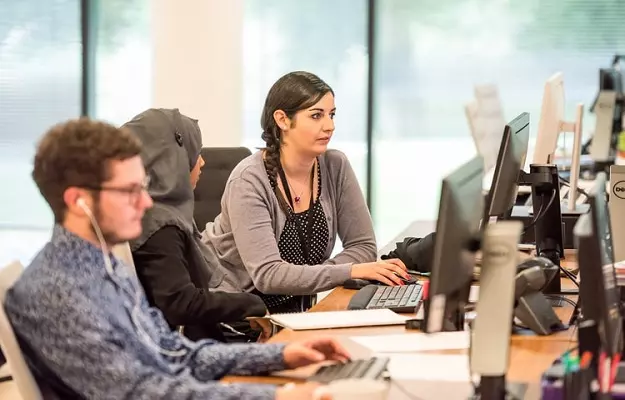Updated on 21 April 2020
The COVID-19 pandemic has, as of 21 April 2020, spread to 185 nations across the world and has put billions of lives at the risk of infection and even death. India, while not one of the worst-hit nations, also has a rising death toll to deal with. As of 21 April 2020, the number of infected persons in India is above 18,000 as per the Ministry of Health and Family Welfare. The death toll in India has also crossed 600, which is a huge cause of concern.
To contain the spread of COVID-19, the Indian government imposed a 21-day lockdown on 25 March 2020, which was then extended to 3 May 2020 with some restrictions being lifted on 20 April 2020 after reevaluation of circumstances and conditions. This measure is a way of imposing social distancing, which is considered to be one of the best ways to reduce the spread of COVID-19. Indian citizens working in non-essential sectors are also expected to stay at home and step out only to buy essential items during this lockdown. Practicing all the preventive measures, like washing hands regularly, practising respiratory hygiene, etc is also a necessity.
With some restrictions being lifted for certain sectors of the Indian economy on 20 April 2020, state governments are coming out with clear directives about how workplaces should operate. The Maharashtra Chief Minister's Office released a document which revealed that the police, home guard, civil defence, fire and emergency services, disaster management, prisons and municipal systems will function without any restrictions. All departments of state governance will function with 10% staff.
However, the lockdown is still in place for the general public and those who have been specifically put under quarantine by healthcare professionals. On breaking the quarantine, these people will be liable to legal action according to Section 188 of the IPC, 1860.
Read more: COVID-19 tips on maintaining hygiene and social distancing while shopping for essentials
And while these and many other steps are currently being taken to stop the spread of COVID-19 before it takes any more lives, a lockdown is not forever. A pandemic, no matter how widespread, is bound to be dealt with sooner or later on the global scale, and things are likely to go back to as normal as possible after such a public health emergency.
What is most important in this scenario is what we learn from a pandemic of this scale. Considering how COVID-19, and most other infections, is spread from human-to-human and is also transmitted through surfaces due to droplet transmission, humankind has to be prepared to prevent reinfection, relapses and another outbreak of COVID-19. Workplaces, like all other places where large groups of people spend time contained within limited space, are high-risk areas for such infections.
This is the reason why the World Health Organization (WHO) as well as India’s National Centre for Disease Control (NCDC) have some effective and compulsory guidelines which all offices all over the world must follow to prevent another outbreak, epidemic and even a pandemic.



































